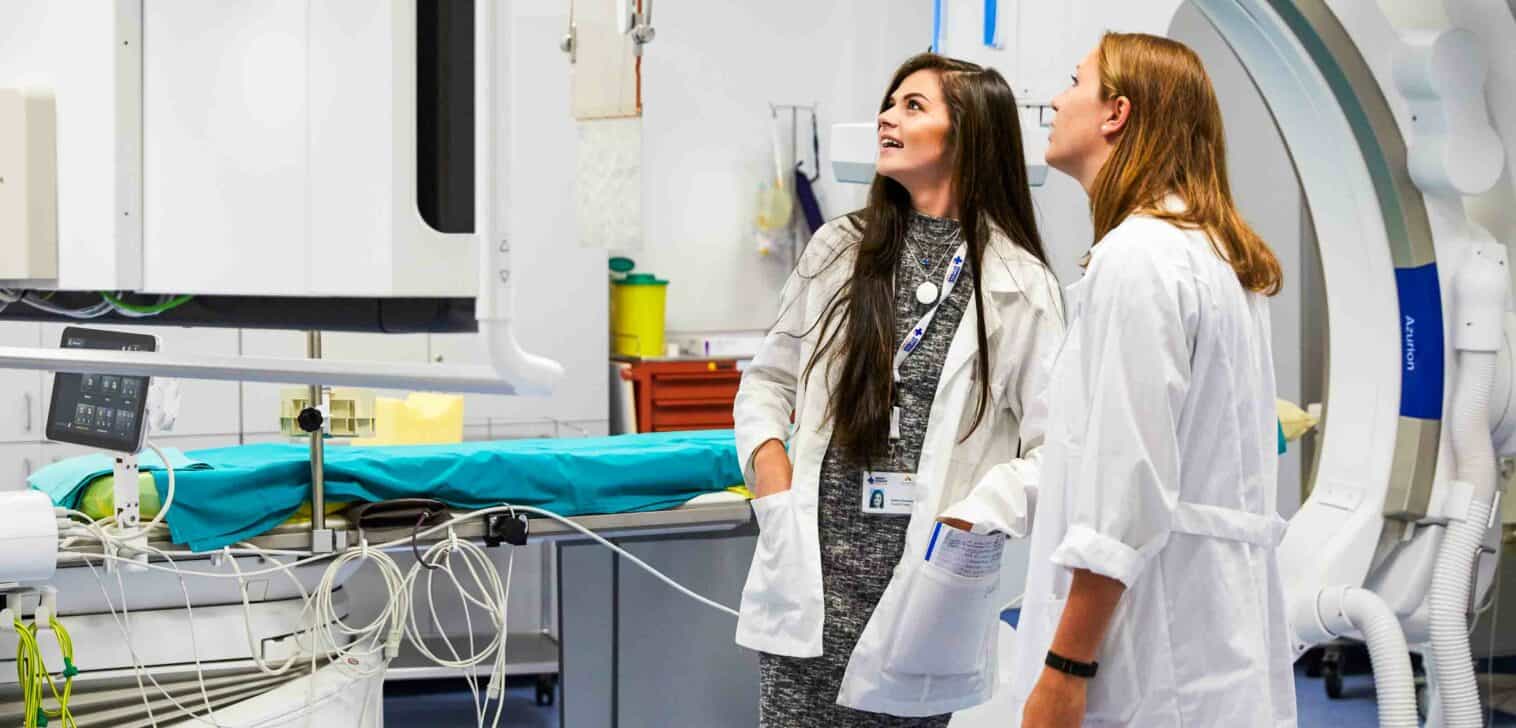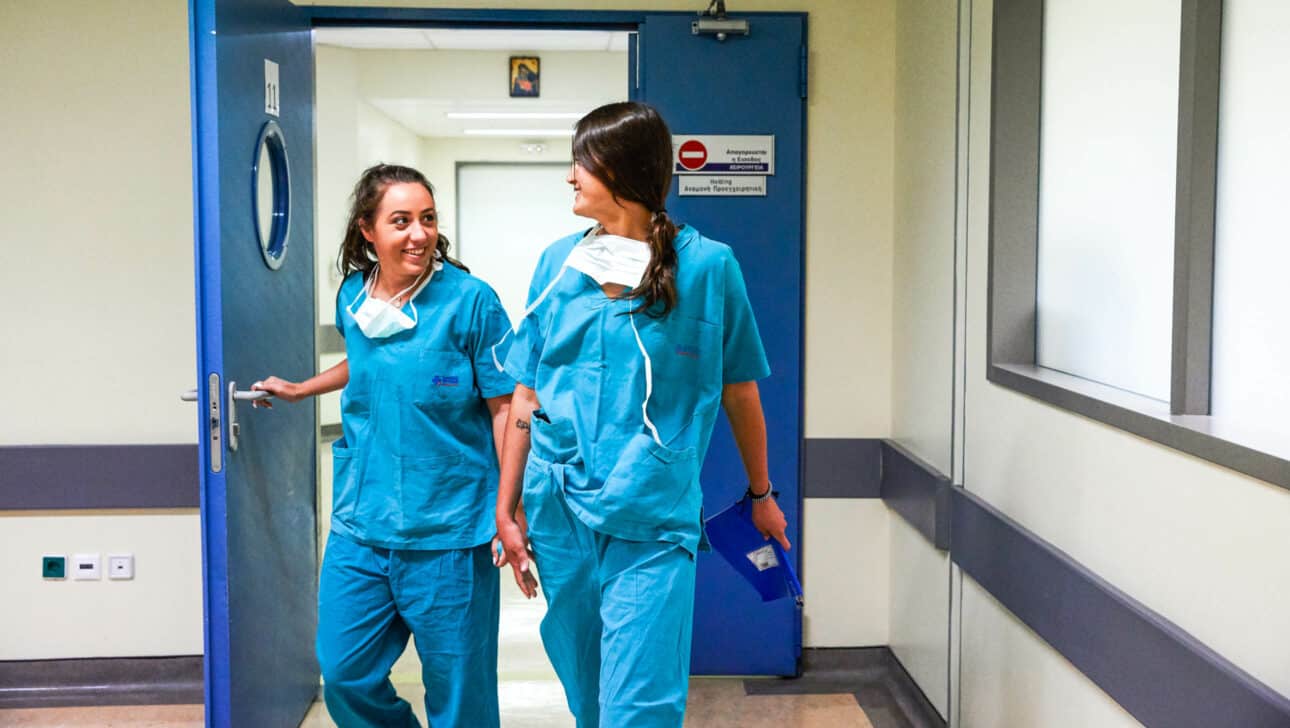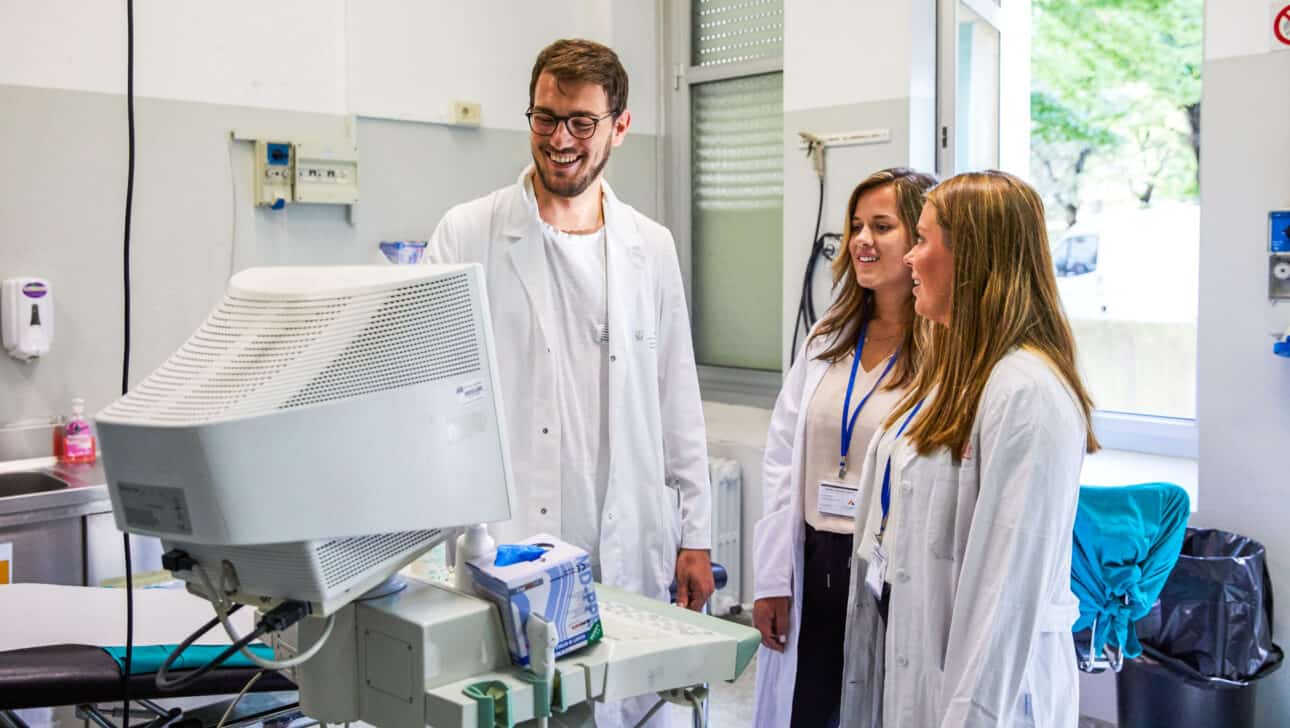Good Books to Read if You Want to Be a Doctor

Applying to Med/PA School
The 5 Books Every Pre-Med Student Should Read
Nearly The Atlantis Team
Nosotros offering helpful, informative content to the side by side generation of healthcare professionals, so that they tin can achieve their goals, avoid common pitfalls, and grow in their passion for healthcare.
Put down your phone, your textbooks, and your planners. Sometimes the best way to gain perspective on the all-time way to move forward is to pick up a good book. Here are our pinnacle pre-med book recommendations!
Why you should be reading outside of the classroom:
Last twelvemonth, approximately one-quarter of Americans did not read a single book (Pew Research Eye, Survey Conducted: Jan 3-10, 2018). Whether you can't recall the terminal book you've read or you take a personal library that rivals a small university, this article is for you.
Pre-med students possess a wealth of niche scientific knowledge—who else knows most the Kreb's Bicycle? However, medical school admissions committees want to recruit well-rounded students who can demonstrate that their knowledge goes across the basic scientific prerequisites; medical schools are attracted to students who know "a little about a lot." In other words, they want students who accept been exposed to a range of unlike fields and who understand how these fields may intersect with medicine (due east.g., the economic science of healthcare and insurance, major upstanding bug).
One of the best ways to develop this understanding, (beyond completing a physician shadowing program) is to read often and broadly. And no, scrolling through the headlines on Facebook doesn't count. Fortunately, there is an abundance of sources that offering well-researched, reliable information. For electric current news, I recommend The New York Times, NPR, and FiveThirtyEight. You may besides consult peer-reviewed journals (e.g., Scientific discipline, Nature) for information on scientific developments. However, if your goal is to dovetail readability and depth, information technology is hard to beat a book.
Reading more may sound peachy in principle, but difficult in practice. If your firsthand reaction is to protest that you don't take the time, call up of information technology this way. Most books written for a popular audience autumn between 200-400 pages in length, with ~250-300 words per page.) The boilerplate reading speed is somewhere around 200-250 words per infinitesimal (endeavour testing your personal reading speed). Roughly, this translates to ~2 hours per 100 pages, or, put differently, 4-8 hours per book. Reading simply xxx minutes per day means finishing a book about every ii weeks; if 30 minutes sounds like a lot, consider how much idle time y'all spend browsing social media or stuck in a long commute (audiobooks are great for commutes; use the app Libby to connect to your local library and get access to thousands of books for gratis). In short, reading a few pages each 24-hour interval translates to reading many books in the long run.

1. When Breath Becomes Air — Paul Kalanithi
Few books have so profoundly influenced me as When Jiff Becomes Air. The book is an intimate portrait of the life of Paul Kalanathi. The opening quote perfectly foreshadows the events to come up:
"I flipped through the CT browse images, the diagnosis obvious: the lungs were matted with innumerable tumors, the spine deformed, a full lobe of the liver obliterated. Cancer, widely disseminated. I was a neurosurgical resident entering my concluding yr of training. Over the final six years, I'd examined scores of such scans, on the off chance that some procedure might benefit the patient. Only this scan was different: it was my ain.
Afterward well over a decade spent in school and grooming, Paul Kalanathi was finally approaching the decision of his neurosurgical residency program. Then the diagnosis came: last cancer. With the clock now visibly ticking, how would he spend his remaining days alive? How did his goals and priorities change when confronted with such a life-changing event? Paul Kalanathi beautifully details his experiences—equally a student, patient, doctor, husband, and father—in When Breath Becomes Air, a volume that you'll likely never forget.
2. Thinking, Fast and Slow — Daniel Kahneman
Every day, we each brand an innumerable number of decisions: Should I eat breakfast, or skip information technology altogether? Is it too shortly to clothing my favorite sweater once again? How should I spend my free fourth dimension today? Faced with then many choices, how practice we decide? In Thinking, Fast and Slow, Daniel Kahneman, the recipient of a Nobel Prize in economics in 2002, summarizes decades of his research on controlling and heuristics (mental shortcuts) in an accessible, engaging manner. Throughout the book, you'll find several thought experiments like the following:
Steve is very shy and withdrawn, invariably helpful but with petty interest in people or in the world of reality. A meek and tidy soul, he has a demand for order and construction, and a passion for detail.
Is Steve more probable to be a librarian or a farmer?
If you think Steve is more probable to be a librarian, as most practise, then y'all've just fallen prey to ane of the many cognitive biases detailed in Kahneman'south book (specifically, the "availability heuristic"). Our brains are nifty at recognizing patterns, and since the description of Steve closely matches the stereotype of the reserved librarian (the idea is easily bachelor), almost will leap to that intuitive conclusion. In reality, the number of male farmers far exceeds the number of male person librarians (by about xx-1). Statistically, Steve is far more probable to be a farmer, even though the description may lead y'all to recall otherwise.
It's okay to commit a cognitive mistake every at present and again—nosotros all exercise. As you lot read through the book and make several yourself, you may find that only being aware of these innate biases helps you to make meliorate, more thoughtful decisions. The book is specially valuable for the pre-med student who is bound to brand consequential decisions after in his or her career equally a physician. If you lot don't accept the patience for such a lengthy read, yous can as well read an outline of the book's highlights.
3. Existence Mortal: Medicine and What Matters in the End — Atul Gawande
Talking openly near death is hard. Physicians often have intimate encounters with the dying process as they assistance their patients navigate end of life care. Atul Gawande is one such medico, possessing a wealth of feel with this challenging bailiwick. He is an accomplished surgeon and scientist, and the author of other great books for pre-meds, including Better and Complications: A Surgeon'due south Notes on an Imperfect Science.
In his latest book, Being Mortal: Medicine and What Matters in the Finish, he presents a collection of stories which cast light on oft-disregarded aspects of medicine: geriatrics (medical care of the elderly) and hospice (medical treat the terminally ill).
As a pre-med educatee, I had the opportunity to volunteer in a hospice facility for a few months. I learned a slap-up deal from this feel, most notably that cease of life care involves many tough decisions. If you lot're because volunteering in hospice yourself, or are already involved, this book would be an platonic companion. Atul Gawande offers a very homo perspective on the medical profession and the experiences patients confront as they age.
4. The Emperor of All Maladies: A Biography of Cancer — Siddhartha Mukherjee
Siddhartha Mukherjee's engaging way of writing has won numerous awards, establishing his wide recognition and notable success as a physician-author. Equally a cancer dr. and researcher, he is uniquely qualified to present the fascinating history of cancer and the stories of those intimately familiar with the affliction: patients and their families, physicians, researchers, and several other exceptional individuals in a tale that spans many centuries.
The Emperor of All Maladies: A Biography of Cancer strikes the delicate balance betwixt depth and accessibility—you'll be inundated with information almost cancer and its treatment, but the captivating stories detailed by the author ensure that you will stick with the book until the end. To paraphrase one review, "The book reads like a literary thriller with cancer as the protagonist."
5. An American Sickness: How Healthcare Became Big Business and How You Tin can Take It Dorsum — Elisabeth Rosenthal
Healthcare in the U.South. has many issues. Over the last two decades, the U.South. has stood out from other developed countries for two consequent, albeit unfortunate, achievements: the U.S. spends the greatest amount of coin on healthcare (equally a fraction of GDP) and, somewhat unexpectedly, likewise has the lowest performing healthcare system among loftier-income nations (Schneider et al., 2017).
Dr. Elisabeth Rosenthal is on a mission to set the system. Treating the U.S. healthcare organisation as one of her patients, she identifies the issues, makes a diagnosis, and offers a prescription. Beginning with a "History of the Present Illness and Review of Systems," she walks the reader through the intricacies of the U.South. healthcare organisation and what acquired it to autumn autonomously. After the "chief complaints" accept been identified, she details several physical recommendations in a section called "Diagnosis and Handling: Prescriptions for Taking Dorsum Our Healthcare." This book is an excellent read for those interested in the economics of healthcare or for those preparing to answer interview questions on the field of study.
Decision
Curating this list of books was a real claiming, as there are countless more meriting equal recognition that I could also recommend. Consider these five as a starting betoken. Making reading a habit volition help y'all in the long run. During medical schoolhouse interviews, you may even exist asked to talk about the nigh recent book y'all read (which happened to me more than than once!)
If you're looking to abound your personal library even further, I've outlined some additional books beneath which I have also establish worthwhile.
Other Book Recommendations:
-
Shrinks: The Untold History of Psychiatry — Jeffery A. Lieberman & Ogi Ogas
-
A Surgeon in the Village: An American Doctor Teaches Encephalon Surgery in Africa — Tony Bartelme
-
The Man Who Mistook His Wife For a Hat: And Other Clinical Tales — Oliver Sacks
-
Behave: The Biology of Humans at Our Best and Worst — Robert M. Sapolsky
-
Do No Harm: Stories of Life, Death, and Brain Surgery — Henry Marsh
-
Attention: Medicine, Mindfulness, and Humanity — Ronald Epstein
-
What Patients Say, What Doctors Hear — Danielle Ofri
-
Better: A Surgeon'south Notes on Performance — Atul Gawande
-
The Real Doctor Will See You Shortly: A Physician'due south First Year — Matt McCarthy
-
The House of God — Samuel Shem
Our Alumni Enter Great Medical Schools
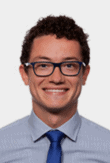
John Daines
- Atlantis '17
- Brigham Young University '19
- Washington U. in St. Louis Md '23

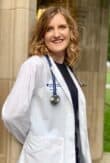
Zoey Petitt
- Atlantis '17
- U. of Arizona '18
- Knuckles MD '23

Zoey Petitt
Republic of hungary '17 || University of Arizona (undergraduate) '18
Completed Atlantis Plan Location and Date:
Hungary, Summertime 2017
Do you believe your Atlantis experience helped yous get into your graduate program?
I believe it was very helpful.
Generally, why practice you lot think Atlantis helped you get into your graduate program?
For me, my Atlantis feel played a key office in confirming my decision to go into medicine. This was important for me to discuss during the admissions procedure.
Specifically, did you talk almost Atlantis in your interviews?
Yes
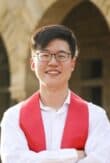
Yong-hun Kim
- Atlantis '17
- Stanford '19
- Mayo Dispensary MD '24

Yong-Hun Kim
Budapest, Hungary '17 || Stanford University
Program:
Budapest, Republic of hungary – Winter 2017
Undergraduate:
Stanford University class of 2019
Major:
Computer Science
Honors:
Bio-10 Grant (award for research)
Undergraduate Activities:
President and Founder of Stanford Undergraduate Hospice and Palliative Care, Volunteer for Pacific Free Clinic, Research Assistant in Wernig Pathology Lab, President of Hong Kong Student Association, violin operation
Describe Atlantis in 3 words:
Eye-opening. Spontaneous. Exhilarating.
Why did y'all choose Atlantis?
I chose the Atlantis program because it combines opportunities to shadow physicians and travel abroad, both of which I had little prior exposure to.
What was your favorite experience as an Atlantis participant?
My favorite experience as an Atlantis participant came in the stories exchanged over meals or excursions and the breadth of conversation that reflected the variety of backgrounds within our accomplice and site managers.
What was the well-nigh meaningful aspect of your time shadowing?
I appreciated the take a chance to speak with physicians in Budapest and hear their personal motivations for pursuing medicine because it really helped better contextualize and validate my ain interest in medicine. The physicians were as well just really welcoming, relatable, and downwards-to-earth people.
How has Atlantis helped equip you for the futurity?
The Atlantis program has equipped me with a amend understanding of what a career in medicine looks like, which I call back is an invaluable gift considering the long road ahead of those who aspire to be a medico.
How has Atlantis equipped you lot for active leadership in the medical field?
The ability to interact and empathize with patients of diverse backgrounds and communities is a necessity to exist a leader in the medical field. I think the Atlantis program, through my interactions with mentors and their patients, has helped me have my first steps toward attaining the cultural vocabulary and literacy required of a doctor.
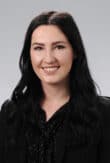
Megan Branson
- Atlantis '18
- U. of Montana '19
- U. of Washington MD '24

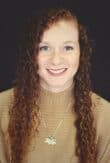
Sarah Emerick
- Atlantis 'xix
- Eckerd Higher '20
- Indiana U. Md '25

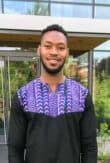
Elorm Yevudza
- Atlantis '16
- Amherst 'nineteen
- Columbia Dr. '24

Elorm Yevudza
Ciudad Existent, Spain '16 || Amherst Higher
Program:
Ciudad Real – Spain – 2016
Undergraduate:
Amherst Higher class of 2019
Major:
Neuroscience
Extracurricular Activities:
Rail and Field, International Students Clan, Charles Drew Wellness Professions Gild
Draw Atlantis in iii words:
A transformative feel.
Why did y'all choose the Atlantis program?
The opportunity to shadow doctors in a European country greatly appealed to me. Every bit an international student from Ghana, I value the subtle differences in arroyo that doctors, depending on the country in which they are trained, utilise to achieve a common result: alleviating illness and improving the quality of lives.
How is Atlantis Unique?
In an increasingly globalized world, having first-manus experience with the subtleties of healthcare in different parts of the world is vital to a hereafter wellness professional. Atlantis exposes participants to these nuances in healthcare approaches, and in effect helps aspiring health professionals gain a global perspective on healthcare.
What was your favorite experience every bit an Atlantis participant?
Experiencing the city and culture of Ciudad Real was an experience that is etched in my memory. Every bit I skillful my very unproblematic Spanish with the locals and discussed various health-related issues with the doctors I adumbral, I was reminded of the uniqueness of man life. I was too reminded of the role of a health professional in society: to preserve and improve the quality of human life.
What was the most meaningful aspect of your time shadowing?
My discussions with doctors well-nigh their relations with patients was well-nigh meaningful to me. Our discussions highlighted a trend I had spotted when I shadowed doctors in Ghana: that the cadre of healthcare is most alleviating illness and improving the quality of life. My conversations with doctors in Ciudad Existent underscored the importance of treating patients not just as cases, but as people.
How has Atlantis helped equip you lot for the future?
The Atlantis program has given me a broader perspective on the field of healthcare. The programme has likewise brought wonderful people into my life. The participants that I adumbral, explored, and conversed with impressed me with their passion for healthcare. The program has too taught me to be a lifelong leader, and the importance of fostering a curiosity that volition help set me for my future in the medical field.
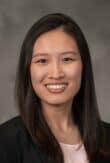
Tiffany Hu
- Atlantis '16
- U. of Maryland '17
- U. of Michigan Medico '22

Tiffany Hu
Tereul, Spain '16 || U Michigan Medical School
Program:
Teruel, Kingdom of spain – Summer 2016
Undergraduate:
University of Maryland form of 2017
Admitted medical student at:
University of Michigan Medical School
Major:
Neurobiology
Honors:
Honors Integrated Life Sciences Program, Banneker/Key Scholarship
Extracurricular Activities:
American Medical Student Association Co-President & Advocacy 24-hour interval Liaison, Alternative Breaks Feel Leader, Wellness Professions Advising Office Student Informational Board, Biology Teach Assistant, Health Leads, Buddhist Tzu Chi Foundation, NIH Research Intern, Physicians for Social Responsibility Environment & Health Intern
Draw Atlantis in Three Words:
Educational. Eye-opening. Exhilarating.
Why did you lot choose Atlantis?
I wanted to aggrandize my horizons and sympathise a culture of health different from the ones I am accustomed to. I had adumbral doctors in the United states of america and Taiwan prior to my Atlantis program experience, and being able to see beginning-hand the healthcare system in Spain immune me to draw comparisons betwixt the different circuitous healthcare systems.
What was your favorite feel as an Atlantis participant?
Bonding with the other participants and jubilant our time together along with the doctors we shadowed. Nosotros would discuss our interests, passions, and motivation for medicine, and it was an incredible experience to learn from and aslope them.
What was your experience with the doctors you lot were shadowing?
Because of the pre-established relationships with the hospitals in which we shadowed, all the doctors were very welcoming and accommodating. They were willing to translate for us and explain in item all of their medical decisions. My doctors and I had wonderful conversations well-nigh the differences betwixt life in Spain vs. the United States.
What was the most meaningful aspect of your fourth dimension shadowing?
I was excited to scrub in on surgeries and watch as the doctor explained what he was doing throughout the operation. Before and afterwards surgeries, as well as in my other rotations, I observed how the doctors reassured and communicated with their patients. I was able to glean insight into differences betwixt the experience of health in Spain versus the United states of america through ascertainment as well as conversations with the doctors.
How has Atlantis helped equip yous for the future?
Besides the wealth of medical knowledge I gained from shadowing the doctors, I challenged myself to step outside of my cultural comfort zone and explore more than I idea I was capable of. Atlantis allowed me to brand connections with people from all around the United States and abroad, and the friendships I gained helped me learn so much more than I would take on my own.
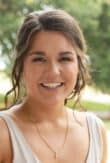
Lauren Cox
- Atlantis '18
- Louisiana Tech '20
- U. of Arkansas MD '24

Lauren Cox
Libson, Portugal '18 || Louisiana Tech
Completed Atlantis Programme Location(s):
Lisbon, Portugal
Year of near recent program:
Fall '17 – Summertime '18
Flavor of most recent program:
Summer
Practise you believe your Atlantis feel helped you get into your graduate plan?
Extremely helpful
Mostly, why do you think Atlantis helped yous get into your graduate plan?
It exposed me to shadowing that was hard to come past in u.s.a.. It also gave me a chance to see other systems of healthcare.
Specifically, did you talk about Atlantis in your interviews? If so, how much relative to other topics?
Yep – they wanted to know nigh my experience, and specifically how the healthcare I saw in some other country compared to what I had seen in the USA.
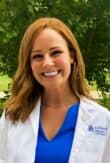
Kayla Riegler
- Atlantis '18
- U. of Kentucky '20
- U. of Kentucky Doctor '24

About Atlantis
Atlantis is the leader in pre-health shadowing and clinical experience, offer short-term programs (i-ten weeks) over bookish breaks for U.S. pre-health undergraduates. Medical schools want 3 things: (1)healthcare exposure, (two)GPA/MCAT, and (iii)sure competencies. Atlantis gives you a great version of (1), frees you to focus on (2), and cultivates/shows (three) to medical school admissions committees.

Spotter Video: The Atlantis Shadowing Experience and How it Helps In Your Med/PA Admissions Future
nankervisidel1939.blogspot.com
Source: https://joinatlantis.com/blog/5-books-every-pre-med-student-should-read/
